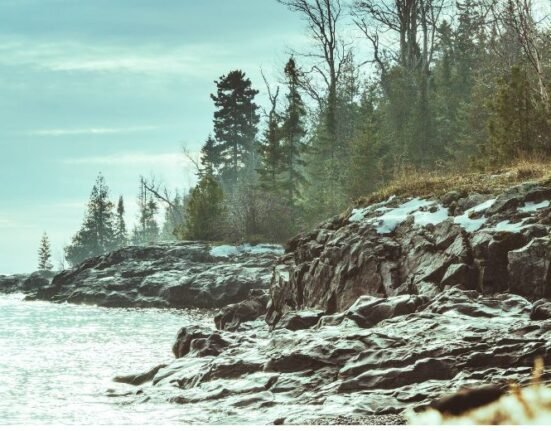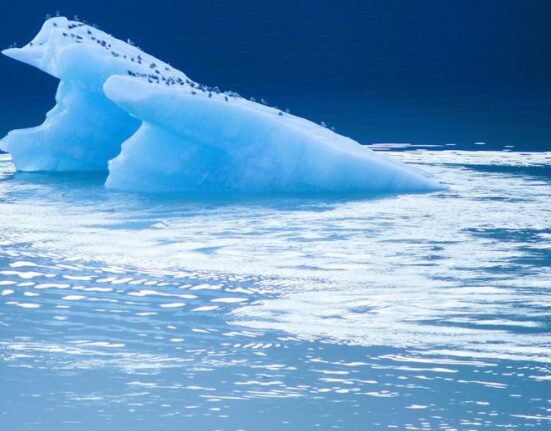HQ Team
November 29, 2022: The impact of wind turbines on wildlife, marine as well as oxygen levels has been widely documented and studied. Another study conducted by scientists at the Helmholtz-Zentrum Hereon shows that large-scale wind farms can strongly influence marine primary production as well as the oxygen levels in and beyond the wind farm areas.
These changes will possibly affect the entire marine food chain in the North Sea.
The expansion of offshore wind farms in the North Sea has had an adverse impact on the marine environment. Marine biologists have recorded different wind conditions and currents, more precipitation and a changing surface climate due to these wind farms. And these conditions will exacerbate due to the steady expansion of wind turbines into large-scale wind farms.
A team of researchers from the Hereon Institute of Coastal Systems—Analysis and Modeling is researching the effects of these elements.
Researchers found that wake turbulences—air vortices caused by wind turbines—change the flow and stratification of the water beneath them. Also, the climate just above the sea surface is also being permanently changed.
The latest study, led by Dr. Ute Daewel, now confirms that these impacts also lead to an altered spatial distribution of marine ecosystem components. Nutrients, phyto- and zooplankton as well as biomass in the sediment, which form the food basis for many bottom-dwelling organisms, are all disturbed.
In the model study, the team studied the effects of the planned large-scale offshore wind farms in the North Sea. For deeper marine areas, the researchers found that the amount of biogenic carbon in the sediment would increase locally by 10% and the oxygen concentration, in an area where it is already very low, could decrease even further.
The North Sea food web
Moreover, the already occurring wind changes have affected the primary production of phytoplankton by up to +/- 10%. And this occurs throughout the southern North Sea. This means that even if the total production in the region changes only very slightly, there is a spatial redistribution of production. This also has consequences for the distribution of zooplankton—the food basis for many fish species..
A spatial and temporal restructuring of zooplankton distribution can influence these process chains and thus positively or negatively affect the amount of fish available. The small change in primary production would therefore have a lasting impact on the entire food web in the southern North Sea.
“Our results show that the extensive expansion of offshore wind farms will have a significant impact on the structuring of marine coastal ecosystems. We need to better understand these impacts quickly and also take them into account in the management of coastal ecosystems,” concludes Ute Daewel.
The results were published in the journal Communications Earth & Environment.




